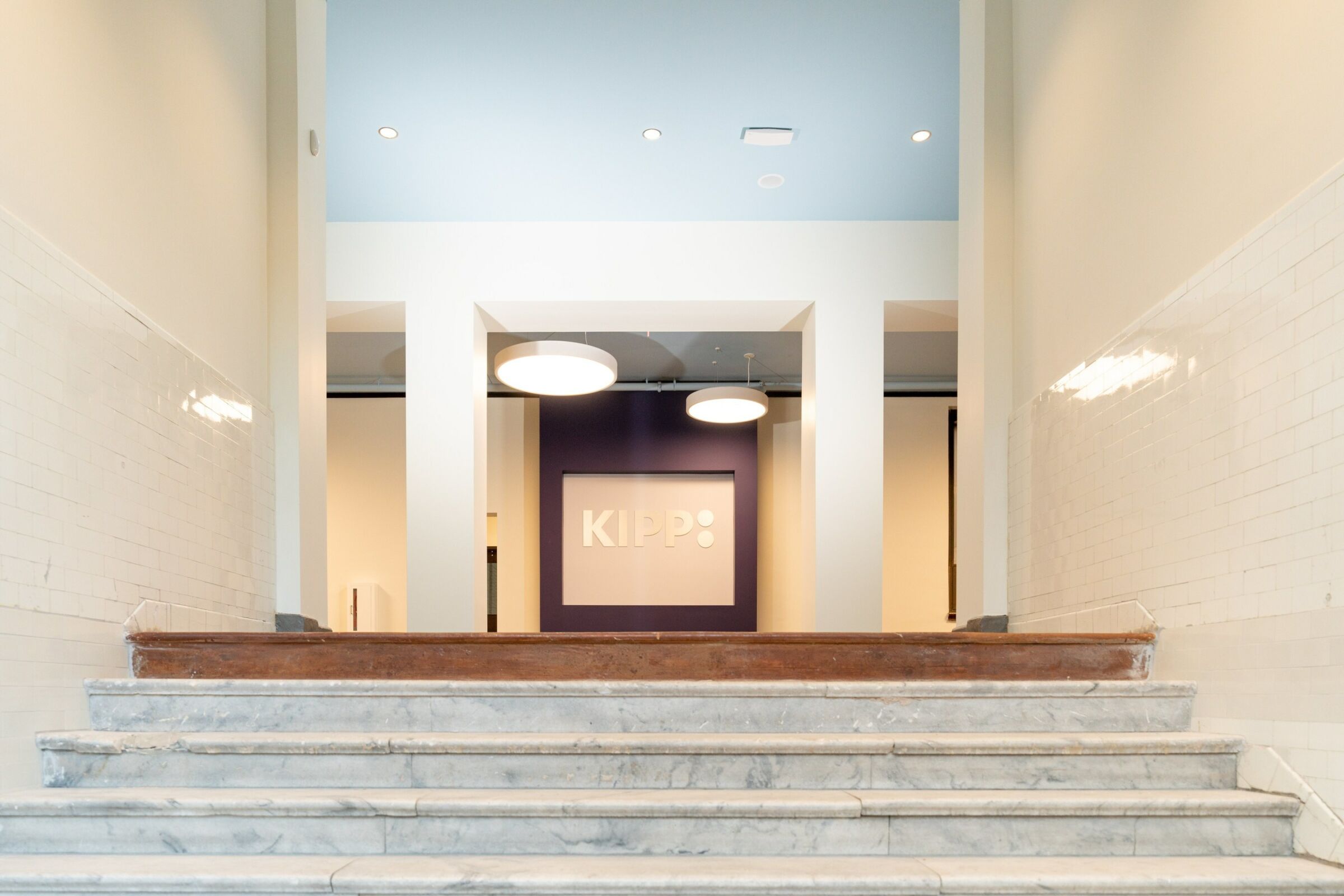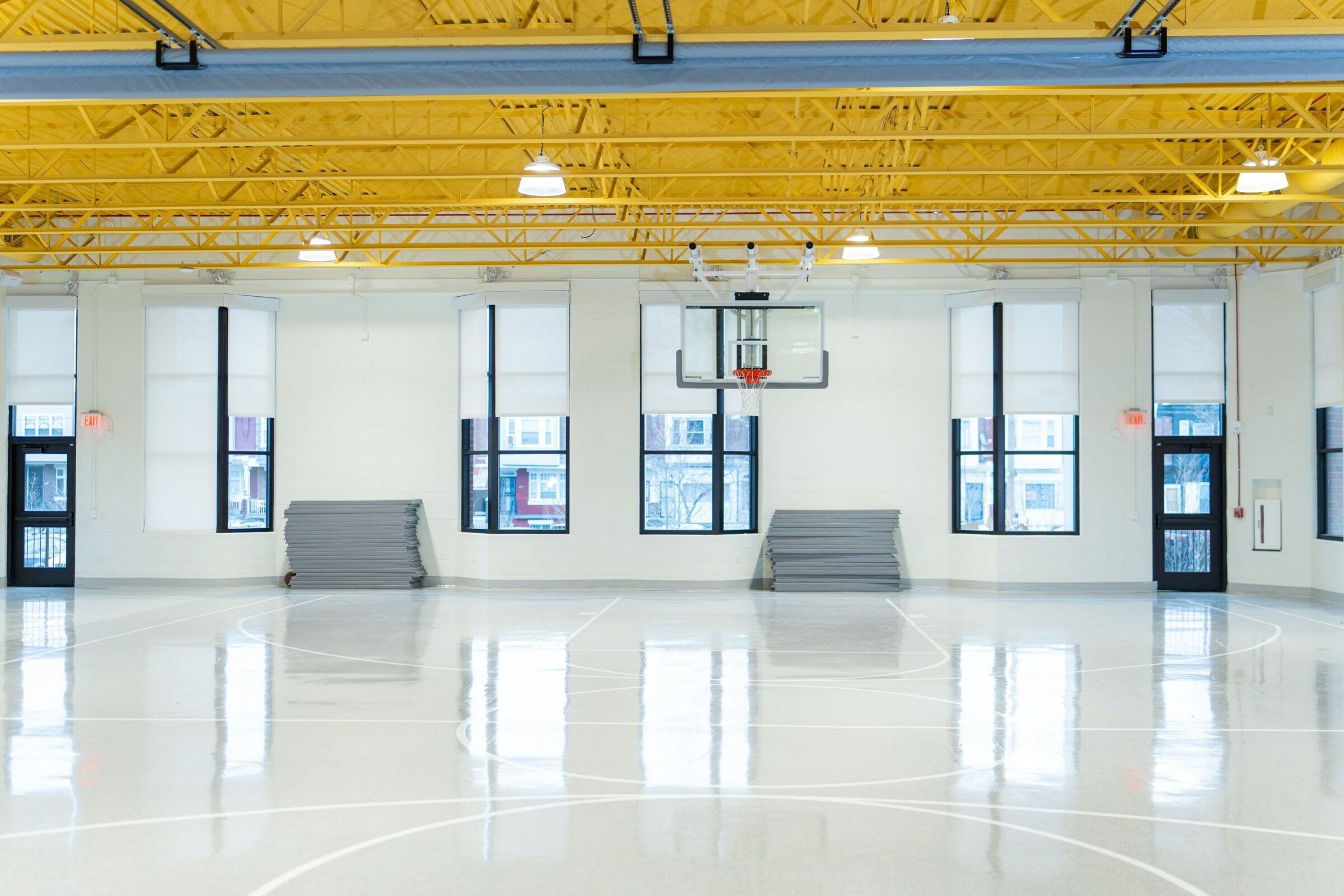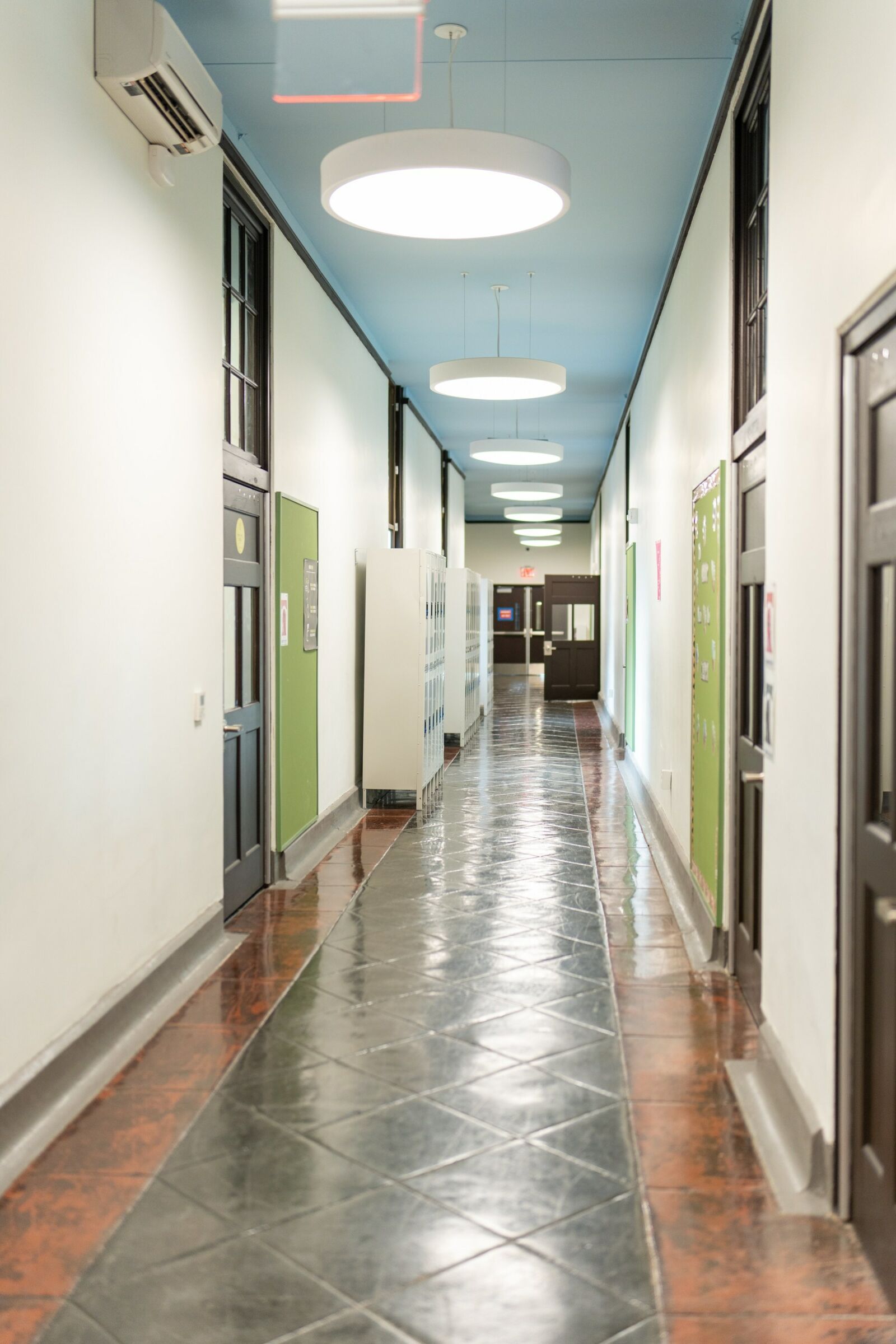Celebrating 20 Years of Impact and a New Campus for KIPP Philadelphia’s Oldest Charter School
Every student deserves access to a safe, nurturing learning environment where they can thrive in the classroom and beyond.
It was on this simple but powerful premise—helping children develop the academic and character skills they need to build a better tomorrow for themselves, for their communities, for everyone—that a community coalition of parents, business leaders, and a dedicated group of founding teachers formed the KIPP Philadelphia Charter School.
KIPP Philadelphia Charter School’s flagship middle school, KIPP Philadelphia Preparatory Academy (KPPA), was the first charter school in the Philadelphia franchise of the Knowledge Is Power Program (KIPP) Public Schools network. KIPP schools are nonprofit institutions and feature a college-preparatory curriculum. KIPP Philadelphia Charter School operates a K-8 charter, consisting of an elementary program and a middle school program.
What started as one cohort of fifth graders in North Philadelphia enrolled at KIPP Philadelphia Charter School in 2003 has grown to a network of four charter schools serving 2,600 students in grades K-12, a robust alum counseling program, KIPP Through College and Career, and a regional office team housed at KAS Corp to support the schools and alums support programming.
To mark the 20th anniversary of KIPP Philadelphia Charter School, the franchise celebrated not only this milestone but also the relocation of KPPA to a new campus. The historic John G. Whittier School in Philadelphia’s Allegheny West neighborhood has undergone extensive renovations and now serves as the middle school’s new home. KPPA has 360 students enrolled in the 5th-8th grade program. The building can serve 700 students and will serve as a long-term home for the school while enabling it to expand its enrollment by over 90%.
For a decade the elementary school—named after the American Quaker poet and advocate of the abolition of slavery in the United States— sat abandoned. Architect Henry deCourcy Richards built the original, four-story tall school in 1913, and a multi-purpose room was added in 1974, consisting of a gymnasium and cafeteria. In June 2013, the walls went quiet. The building had been vacant and deteriorating since that time. With increased enrollment and a demand for more space, the KIPP Philadelphia Charter School project would restore the old building and once again fill the hallways with school children.
The $26.2M project included $7.5M in Reinvestment Fund financing, including a $2.5M source leverage loan and a $5M direct loan through the Green Energy Loan Program. Additional funding sources included $11M in New Markets Tax Credits and $3.65M in Federal Historic Tax Credits. The building is located in a Federal Opportunity Zone, an economically distressed community where new investments, under certain conditions, are eligible for preferential tax treatment.
This project fully renovated the historic structure with efficient new mechanical systems and equipment. Design elements created green, pervious play, outdoor education areas, and specific water efficiency elements on the 1.5-acre school campus and streetscape. In addition, it features state-of-the-art classrooms, a new cafeteria, a multi-purpose gym and auditorium space. The campus is expected to attract new families and enliven the neighborhood.
The building is listed on the National Register of Historic Places as part of the Philadelphia Public Schools Thematic Resources National Register of Historic Places nomination. It is, therefore, a certified historic structure.
Learn more about our work financing K-12 education here.
*Photo credits: KIPP Philadelphia Public Schools


